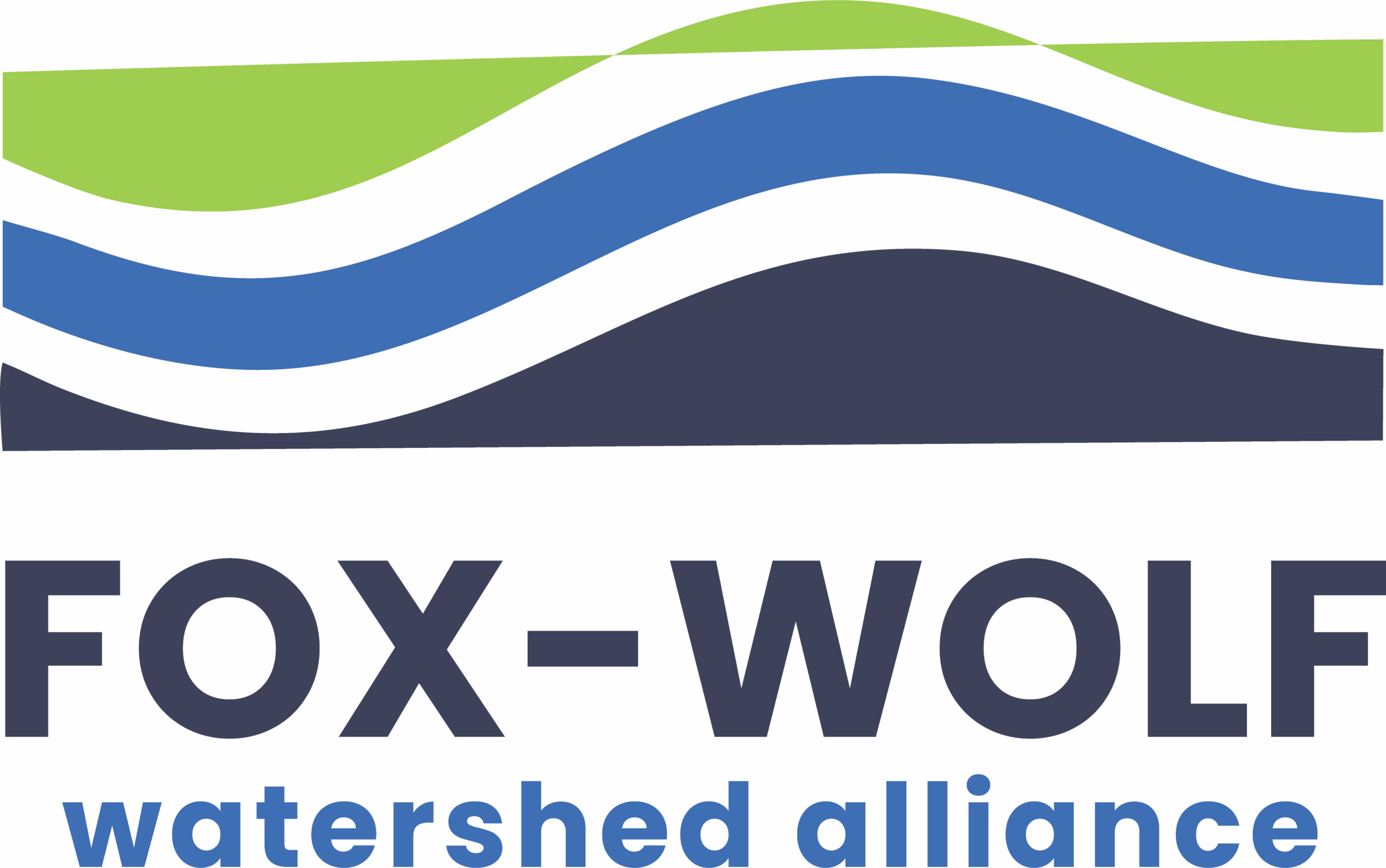A coalition of environmental organizations will be hosting several presentations in Northeast Wisconsin in early 2019 on an important environmental and public health issue you may never have heard of. They’ll be discussing the health and environmental risks associated with coal tar-based pavement sealants, and actions individuals and communities can take to protect themselves against those risks.
Clean Wisconsin, the Lakeshore Natural Resources Partnership, and the Fox-Wolf Watershed Alliance will be holding free, public informational meetings in Sheboygan, Manitowoc, Sturgeon Bay, Green Bay, and Appleton in the second half of January and into early February. The Clean Water Action Council of Northeast Wisconsin will also be co-hosting the Sturgeon Bay meeting.
In brief, driveway and parking lot sealants made with coal tar, a toxic byproduct of the steel-making process, contain extremely high levels of a group of chemical compounds called polycyclic aromatic hydrocarbons, or PAHs. PAHs can cause cancer and developmental problems in children and pollute our rivers, lakes, and Lake Michigan, harming fish and other aquatic wildlife. Research shows that in Wisconsin urban areas, coal tar-based pavement sealants are the principal source of PAHs that end up in our waters as well as in homes and other buildings.
In the last two years, thirteen Wisconsin communities joined Dane County in passing local ordinances banning the use and sale of coal tar-based pavement sealants. The coalition is looking to work with communities in Northeastern Wisconsin with an interest in enacting similar common-sense protections.
The good news on this worrisome issue is: Studies in areas with coal-tar sealant bans have shown a significant reduction in PAH pollution, so we know these local protections work. And, alternative products with dramatically lower PAH levels are readily available at similar costs, so those who wish to seal their driveways and parking lots can do so safely. It really is a no-brainer taking proactive action to protect ourselves from this easily controlled danger.
By Ezra Meyer, Water Resources Specialist, Clean Wisconsin (emeyer@cleanwisconsin.org)

For more information, check out this FACTSHEET and PUBLIC HEALTH BRIEFING.
To learn more about upcoming Public Educational Events in Appleton and Green Bay, CLICK HERE.
To learn more about upcoming Public Educational Events in Sheboygan, Manitowoc and Sturgeon Bay, CLICK HERE.





